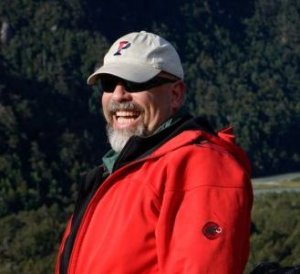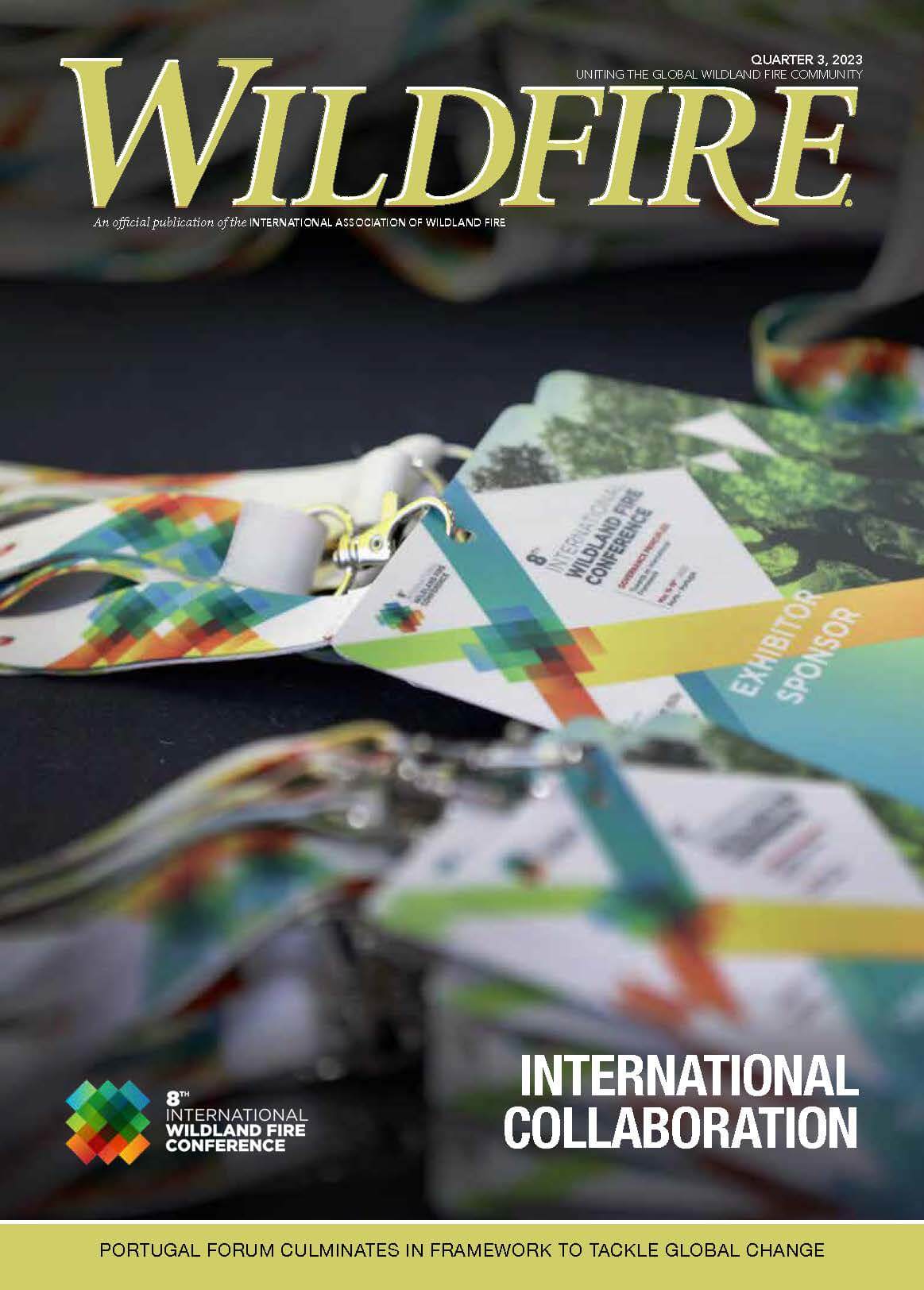December Workforce Resilience Ignite Talk
YOU are part of Mission Critical Teams: Reflection, Reset, and Residue in Wildland Fire Management
Mission Critical Teams (MCT) are small (4-12 agents) integrated groups of indigenously trained and educated experts that leverage tools and technology to resolve rapidly emergent complex adaptive problems in an immersive, but constrained (300 seconds or less) temporal environments where the consequence of failure can be a catastrophic loss. These teams are able to consistently innovate as fast as the problem sets are adapting by moving their focus from trying to predict what problem set might emerge, to developing to human factors who will ultimately be facing the problem set.
Reflection: MCTs are made up of experts like you who hold the requisite skill and solutions but may lack the language to pass that knowledge on to the rest of the team, such as knowing how to ride a bike, but being unable to explain it to someone else. Leaders in Wildland Fire need to find the language to pass on their experience and navigate between critical and routine environments.
Reset: Wildland fire is about having one experience after another, throughout your career. The question is how do we make meaning of those experiences in such a way that they fuel us, rather than distract us from the next experience. Part of this is about taking the time to find purposeful meaning with After Action Reviews which actually influence the story that team members will tell about themselves, and their team, after an event.
Residue: You are not broken. You are not a victim. You are not a survivor. You have chosen the hard path—a path full of extreme experiences, both good and bad, which leave memories. These memories, in turn, leave a residue within you, which if processed can serve as the fuel that moves us to wisdom and joy. If unprocessed, however, it will begin to build up, to harden, until you can no longer move or breathe, until all you know is pain and sorrow. MCTI rejects the idea that Operators, in Medicine, Fire, Law Enforcement and Military, must sacrifice their lives and souls, in exchange for living a life of service.
MCTI was founded in partnership with teams from U.S. Joint Special Operations Command and the FBI Critical Incident Response Group to provide research, training, and education on the development of the Human Factor so the teams can remain focused on their core mission. Since our founding in 2018, our collaborative inquiry community has grown to include teams in Aerospace (NASA), Military Special Operations (FVEY Community), Tactical Law Enforcement, Urban and Wilderness Fire Fighting, Mission Critical Medicine, and Professional Sports.
 Dr. Preston B. Cline
Dr. Preston B. Cline
Co-founder and Director of Research and Education at the Mission Critical Team Institute
Senior Fellow, Center for Leadership and Change Management, The Wharton School, University of Pennsylvania
Visiting Scholar in the Wharton Neuroscience Initiative (WiN), The Wharton School, University of Pennsylvania
Preston spent 30 years in the field of Adventure Education leading expeditions on all seven continents. These journeys became the catalyst for a lifelong academic investigation on how humans learn to interact with uncertainty. Along the way, Preston has received a B.S. from Rutgers University, focusing on professional youth work, a Masters of Education from the Harvard University Graduate School of Education on risk and uncertainty, and a Doctorate in Education from the University of Pennsylvania Graduate School of Education on the training and education of Mission Critical Teams: Small (4-12 agents), integrated groups of indigenously trained and educated experts that leverage tools and technology to resolve complex adaptive problems in an immersive, but constrained (five minutes or less), temporal environments, where the consequence of failure can be catastrophic. In 2018, after 10 years serving as the Director of the Wharton Leadership Ventures, at the Wharton School, Preston founded the Mission Critical Team Institute, which is an applied research institute focused on the development of an international collaborative inquiry community made up of Instructor Cadres within Military Special Operations, Emergency Medicine, Tactical Law Enforcement, Aerospace, and Urban and Wilderness Fire Fighting Organizations within Australia, Canada, New Zealand, United Kingdom, and the United States. When he is not working with Cadre, he resides in Annapolis with his extraordinary spouse Amy.
